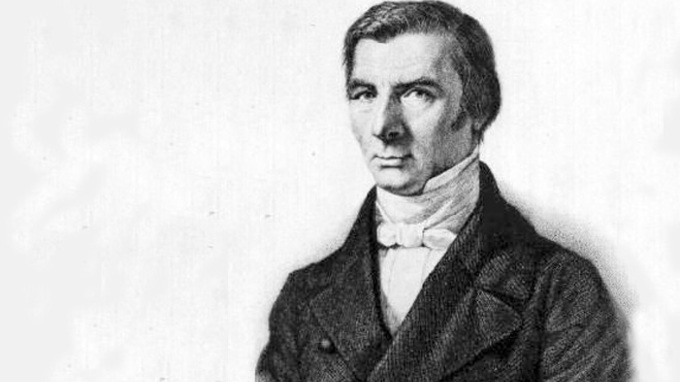The state is the great fictitious entity by which everyone seeks to live at the expense of everyone else.
For, today as in the past, each of us, more or less, would like to profit from the labor of others. One does not dare to proclaim this feeling publicly, one conceals it from oneself, and then what does one do? One imagines an intermediary; one addresses the state, and each class proceeds in turn to say to it: “You, who can take fairly and honorably, take from the public and share with us.” Alas! The state is only too ready to follow such diabolical advice; for it is composed of cabinet ministers, of bureaucrats, of men, in short, who, like all men, carry in their hearts the desire, and always enthusiastically seize the opportunity, to see their wealth and influence grow. The state understands, then, very quickly the use it can make of the role the public entrusts to it. It will be the arbiter, the master, of all destinies. It will take a great deal; hence, a great deal will remain for itself. It will multiply the number of its agents; it will enlarge the scope of its prerogatives; it will end by acquiring overwhelming proportions.” – Frédéric Bastiat, The Law










